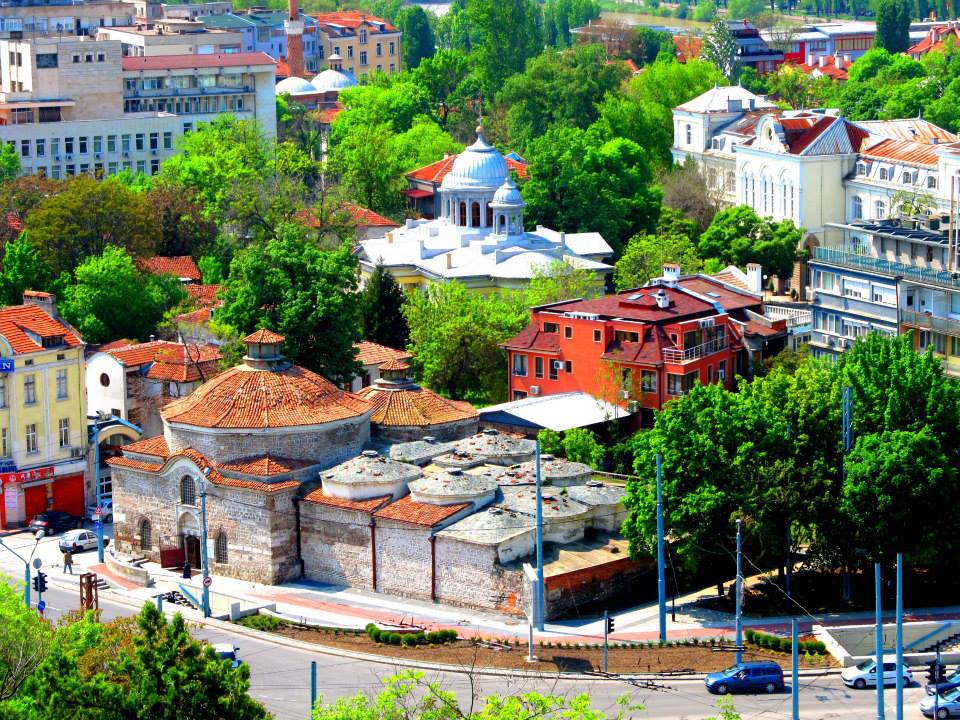Book a private trip to Plovdiv. It doesn't matter the city you want to depart - Sofia, Varna, Ruse, Burgas, etc... We can arrange your one-day trip to this destination and many other in Bulgaria. If you choose our services you can be sure that you will have English-speaking driver, clean and air-conditioned car, which would make your vacation more pleasant and comfortable.
Plovdiv - the city of the hills
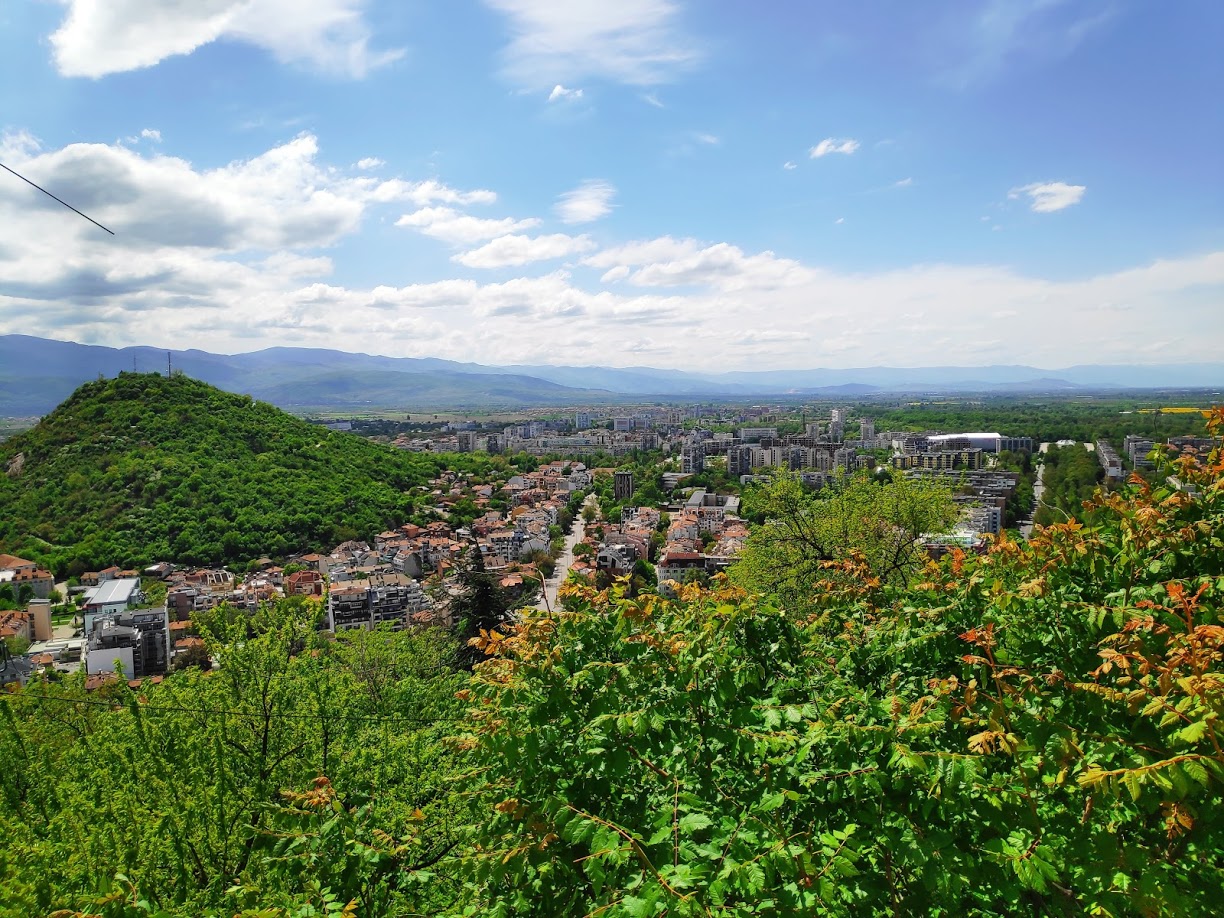
Plovdiv is the oldest city in Europe and it is in the top ten of the oldest cities still existing in the world. The city has very rich history and many tales about different aspects of the city life and establishment. Plovdiv's hills are not broad like in other cities. Stories of the Good life that the people in the city had. Plovdiv men were famous for their bravery and skills in battle and the women were well-known for their beauty. The legend of The Seven Hills of Plovdiv, presents an extraordinary view on how the hills were formed.
One day a young boy left the town dreaming of exploring the world, learning about other cultures and people. The boy joined the army of Alexander The Great. The boy showed his bravery very quick, he earned the respect of everyone and because of his achievments, Alexander the Great made him a governor of Babylon. At the same time Plovdiv was attacked by barbarian tribes and was struggling under their pressure. The mother of the ruler of Babylon, sent her youngest son to ask for help from his brother. He had to go through numerous obstacles until he reached the magnificent Babylon, finally he met his brother and asked him to help Plovdiv against the barbarian tribes. The governor of Babylon was too busy with his own city and declined to help his relatives. When the mother found out that, she was furious at her own son. She cursed him that when the day comes and he wishes to return to his birthplace, Plovdiv will not accept him and will turn him and everything he owns into stones. After that the mother grabbed a sword and rushed to defend the city, at the sight of this old brave woman, the deffenders of Plovdiv gained extra powers, while the barbarians were terrified, the city was saved, but the spell was cast.
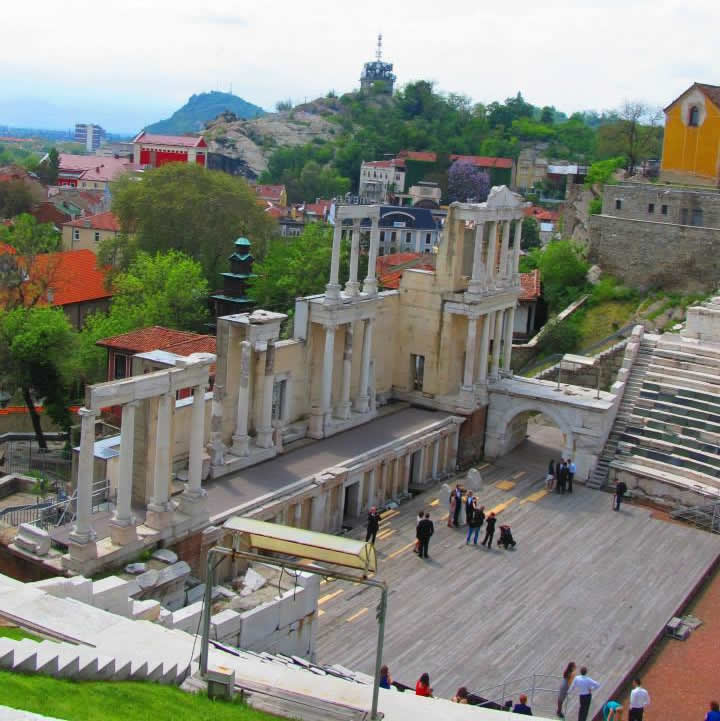
Years passed, the governor of Babylon was getting old and he decided to return to his hometown. He embarked on the journey to Plovdiv with seven camels that were carrying some of his most precious things. As he was approaching the city, he could feel that something is wrong. However, he was never able to enter inside the city, because right before that he turned to stone and the seven camels too. All we have left now as a memory of the man who disrespected his city are the seven hills that were former when the humps of the camels turned into stones.
Dzhendem Tepe (Youth Hill) is highest of all the hills of Plovdiv. The hill is located in the south west part of the city. Dzhendem tepe is the first of the Plovdiv's hills declared as protected territory. In ancient times it was called the Hill of the Dryad Nymphs. There is evidence that a huge statue of Appolo in bronze stood on the top of the hill until late Antiquity. In the early Christian era there was located a large three-nave basilica, which was built on the site of the pagan statue demolished by the Christians. During the Ottoman period it was named Dzhin Tepe (The hill of Spirits), which gradually changed to Dzhendem Tepe.
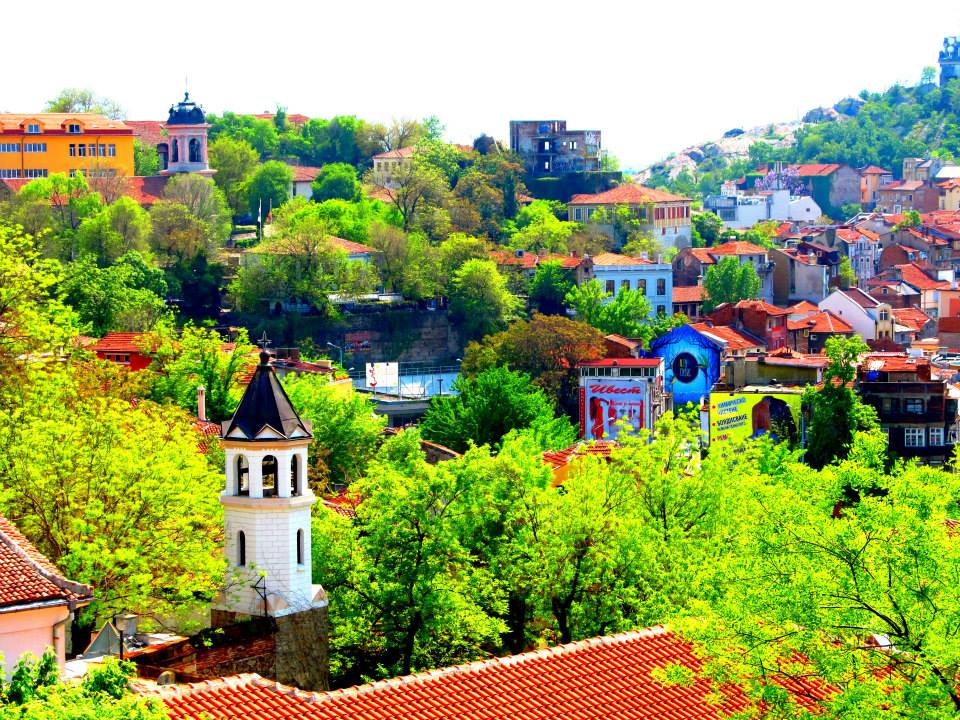
Bunardzhik (The Liberators Hill) is located to west of the central part of Plovdiv. Its name comes from the Ottoman word Bunar (a well), because of the numerous water sources. In Roman times it was known as the Hill of the Hercules, there is a large statue of the hero. Bunardzhika is a favorite place for relaxation of Plovdiv citizens. After World War II the Alyosha monument was erected, along with the Summer Theater.
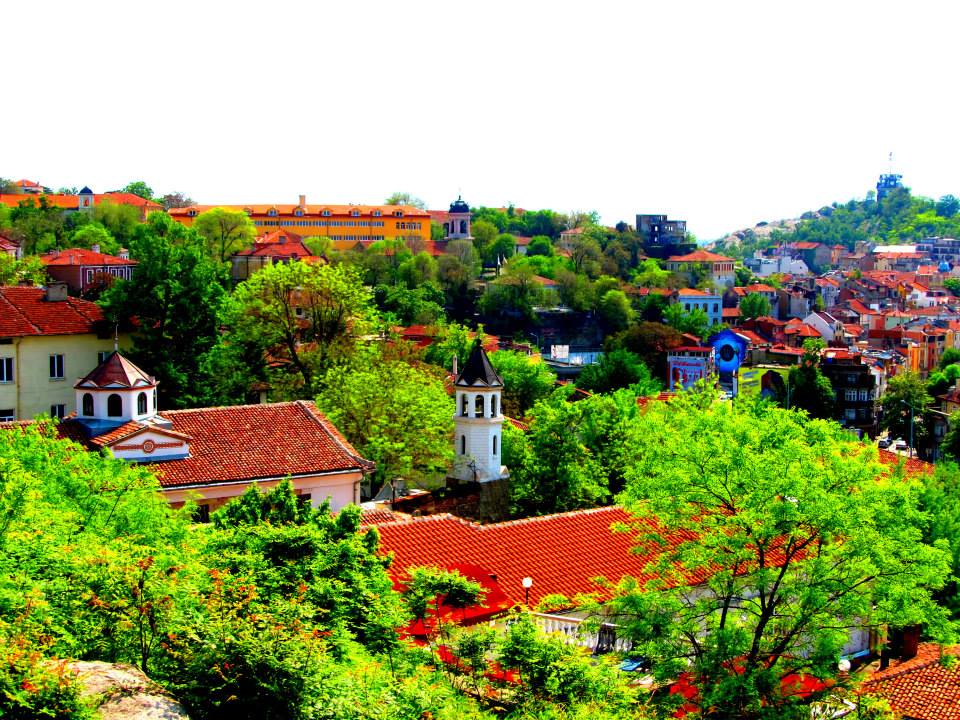
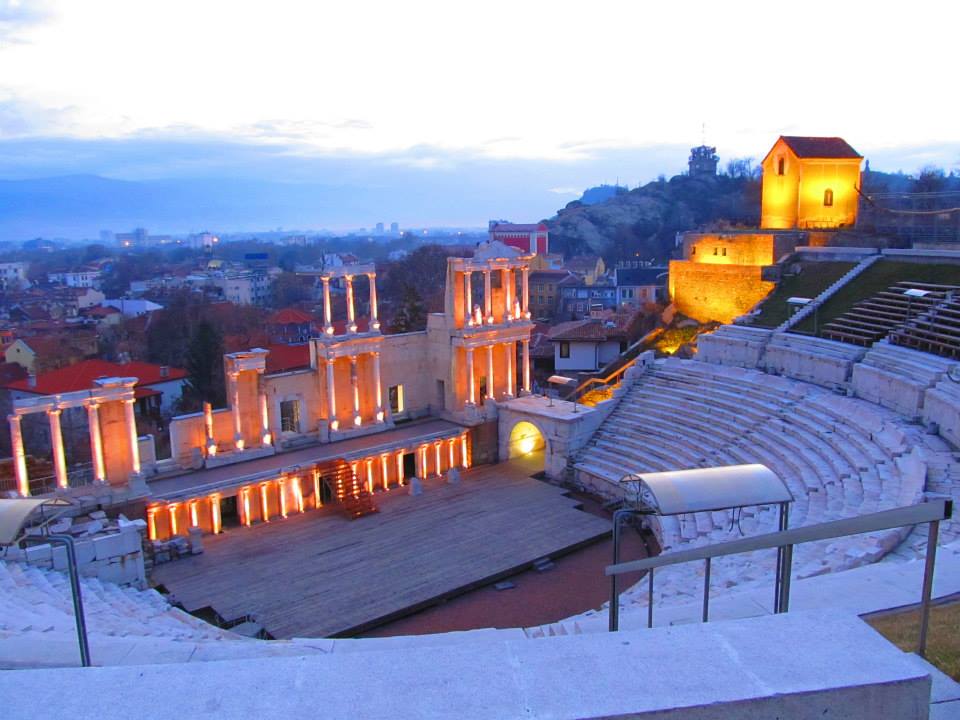
Sahat Tepe (Danov Hill) is located in the center of Plovdiv, west of the main street. In the first modern city plan, the hill was named the Hour hill. Over time, there was numerous changes, the most serious of which was in 1812. It is believed that in Roman times on the top of the hill there was a temple of Venus. Near the tower there is also a radio - television station.
The other three hills form the so - called Three Hills. There is situated the Ancient Plovdiv Architectural and Historical Reserve (The Old Town).
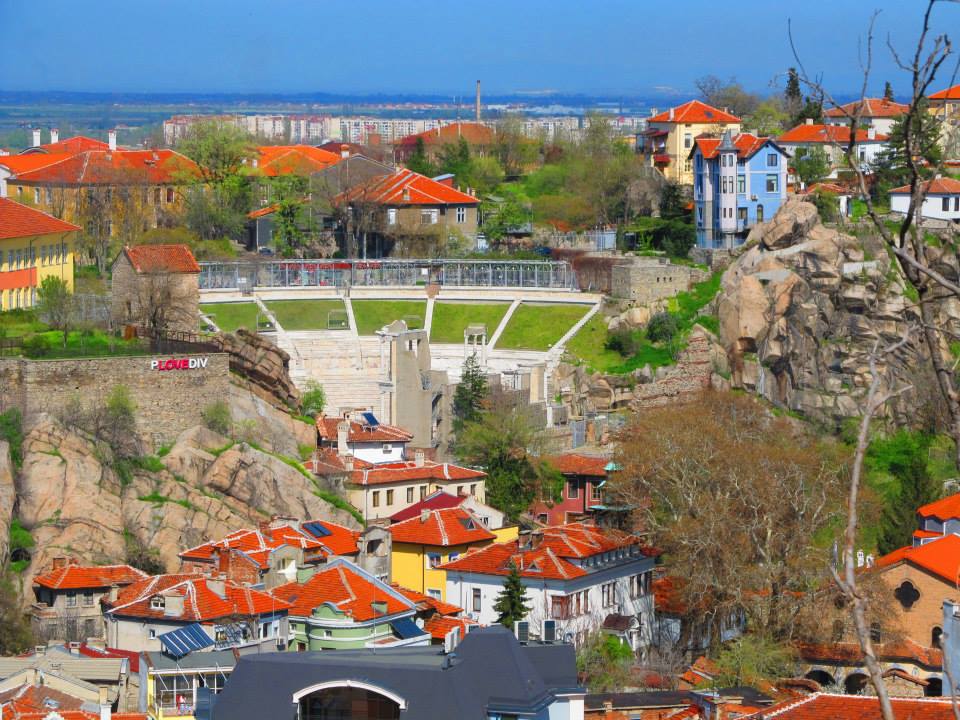
Nebet Tepe - remains of the first prehistoric settlement on the Three Hills, which in 12th century Before Christ grew to become the Thracian city of Evmolpia. The oldest part of the fortress was constructed without any kind of solder, with large syenite blocks in the so-called cyclopean type of masonry. During the Hellenistic era, Nebet tepe became a citadel of the city acropolis, covering the highest parts of the Three hills. During a clearing of Nebet Tepe was discovered a unique postern from Roman times - a secret tunnel in the rock massif from the Northern wall from the time of Justinian the Great (6th Century).
Dzhambaz tepe is a hill in Plovdiv, a component of The Three Hills. It is called like that because of the steep cliffs of the southeast, where acrobats and rope trickers used to give their performances in the antiquity.
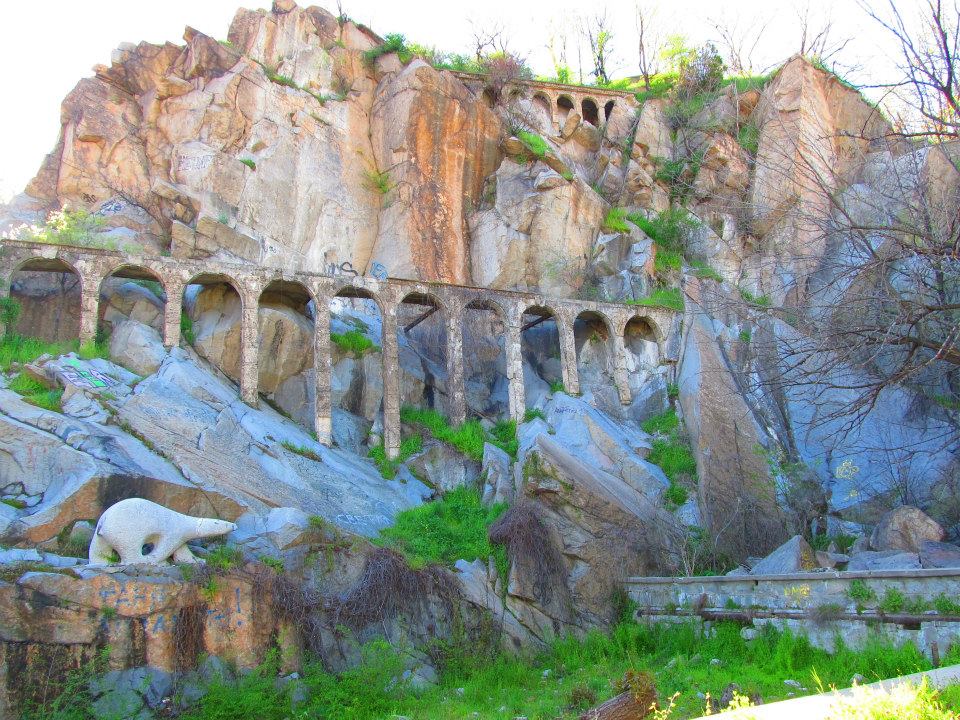
Taksim Tepe is also a part of the Three Hills. The name comes from the word Taksim (distribution in arabic), which refers to the place as a distribution center of the ancient city. In the first half of Ottoman Rule it was called Saray Tepe. During the years of the Bulgarian Renaissance it was also known as Kesyakovo Tepe, named after patriot Todor Kesyakov.
Markovo Tepe - according to one of the legend, back in ancient times King Marko was riding his horse near Plovdiv when he heard cries somewhere in the distance. He climbed on top of a high hill, looked around and saw chains of slaves. The horse jumped on a lower hill and because of the strong shock its hooves made four holes in the rock, and its belly-one bigger hole between them. The holes were visible on the hill before its distruction.
